In today's fast-paced business world, establishing strong partnerships is crucial for success. However, navigating the compliance requirements that come with these relationships can often feel overwhelming. Fortunately, understanding these guidelines doesn't have to be a daunting task; there are straightforward ways to ensure that you remain compliant while fostering positive partnerships. So, join me as we delve deeper into the essential requirements and best practices you need to know!
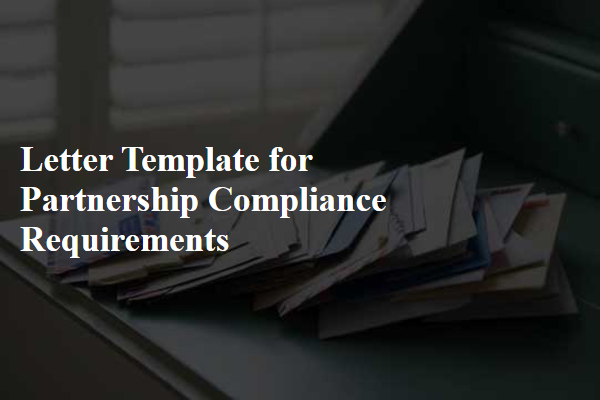
Clear Partnership Objectives
Clear partnership objectives are essential for fostering effective collaboration between organizations. Defining measurable goals, such as increasing market share by 20% within the next fiscal year, helps ensure alignment of both parties' expectations. Establishing a timeline for project milestones, like the completion of a joint marketing campaign by Q2 2024, promotes accountability. Regular communication strategies, including bi-weekly update meetings, facilitate transparency in progress and resource allocation. Additionally, identifying key performance indicators (KPIs) to assess the partnership's impact, such as customer engagement metrics or sales growth percentages, drives continuous improvement and mutual benefits.
Regulatory and Legal Compliance
Partnership compliance with regulatory and legal requirements is essential for businesses operating under laws tailored to their industry, such as the Sarbanes-Oxley Act for publicly traded companies or the General Data Protection Regulation (GDPR) for organizations handling personal data in the European Union. Specific regulations require timely filing of financial reports, adherence to data handling practices, and transparency in operational processes. Compliance may include periodic audits by regulatory bodies like the Securities and Exchange Commission (SEC) in the United States or the Information Commissioner's Office (ICO) in the UK. Non-compliance can result in significant penalties, including fines and damage to reputation, making it crucial for partners to develop and maintain robust compliance programs and policies that align with applicable laws and standards.
Communication Protocols
Effective communication protocols are essential for ensuring compliance in partnerships, particularly in the realm of regulatory standards and operational guidelines. Clear channels of communication must be established, detailing responsibilities, roles, and expectations of all parties involved. Regular meetings (bi-weekly or monthly) should be scheduled to discuss ongoing projects, address concerns, and update compliance status. Documentation protocols, such as using a shared digital platform (like Google Drive or SharePoint), facilitate transparency between partners regarding compliance requirements. Each partner must have access to key documents, including contracts, compliance checklists, and audit results, to ensure alignment and accountability. Furthermore, training sessions on compliance topics should be conducted at least once a year to enhance understanding of current regulations (such as GDPR or HIPAA) and their implications on joint operations. Maintaining these structured communication protocols will foster trust and uphold the integrity of the partnership.
Data Privacy and Security Measures
Partnership compliance requirements regarding data privacy and security measures are critical in safeguarding sensitive information. Organizations, such as financial institutions and healthcare providers, must adhere to regulations like the General Data Protection Regulation (GDPR) and Health Insurance Portability and Accountability Act (HIPAA). These mandates require the implementation of robust data encryption methods (AES-256 encryption is standard for protecting data at rest), regular security assessments (annual audits are advisable), and employee training programs on data handling practices. Furthermore, technology solutions such as firewalls and intrusion detection systems are essential for protecting networks against unauthorized access. Collectively, these components form a comprehensive framework that fosters trust and accountability in partnerships.
Performance and Accountability Standards
Partnership compliance requirements emphasize the importance of adhering to performance and accountability standards in collaborative ventures. These standards, established by regulatory bodies such as the U.S. Department of Health and Human Services, are designed to ensure that partnerships operate efficiently and transparently. Key elements include the necessity for regular reporting on key performance indicators (KPIs), which may involve metrics related to service delivery efficiency and client satisfaction. Additionally, partnerships must implement quality assurance protocols to evaluate ongoing performance, ensuring compliance with federal and state regulations. Engaging stakeholders in a comprehensive evaluation process enhances accountability, fostering trust among partners and beneficiaries. Effective communication strategies must be developed to disseminate findings, enabling continuous improvement and alignment with shared goals.

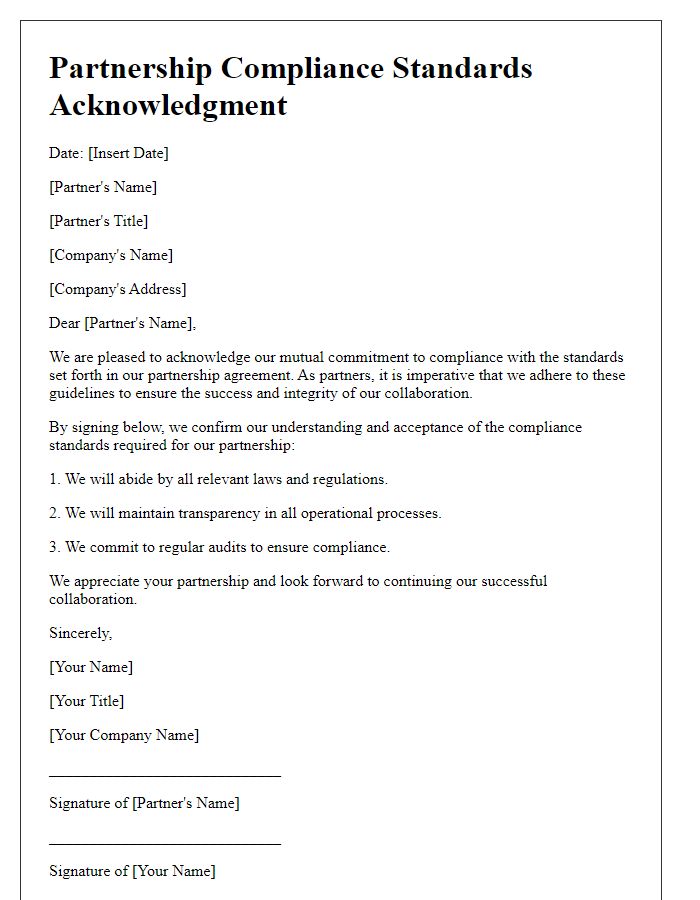
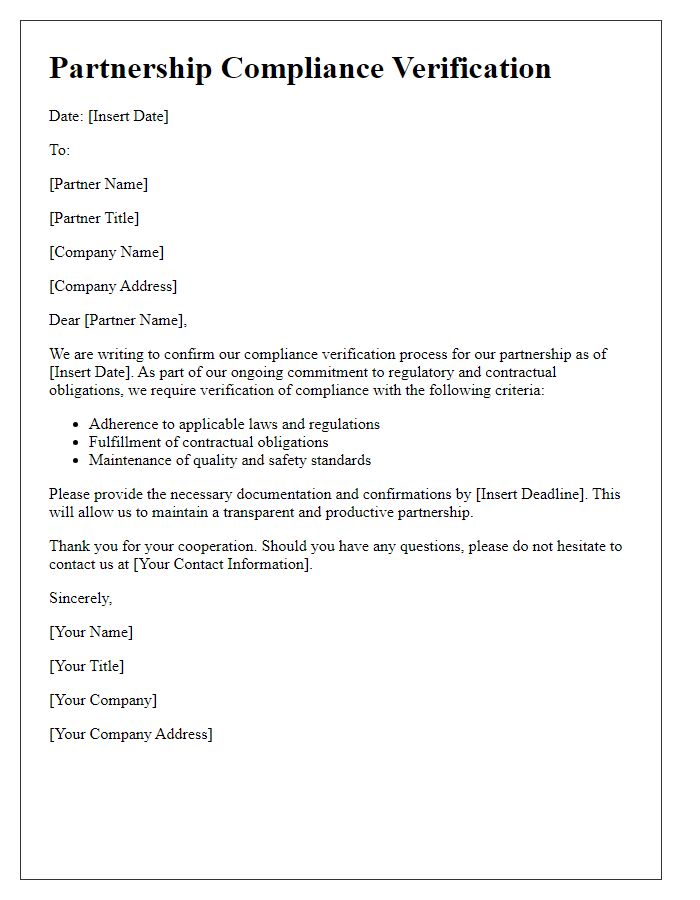
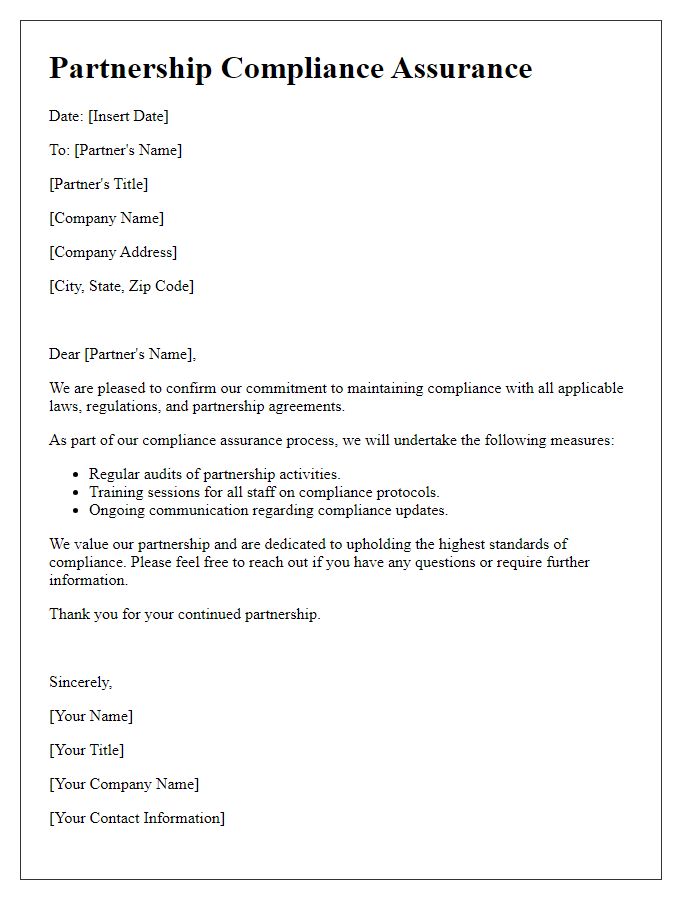
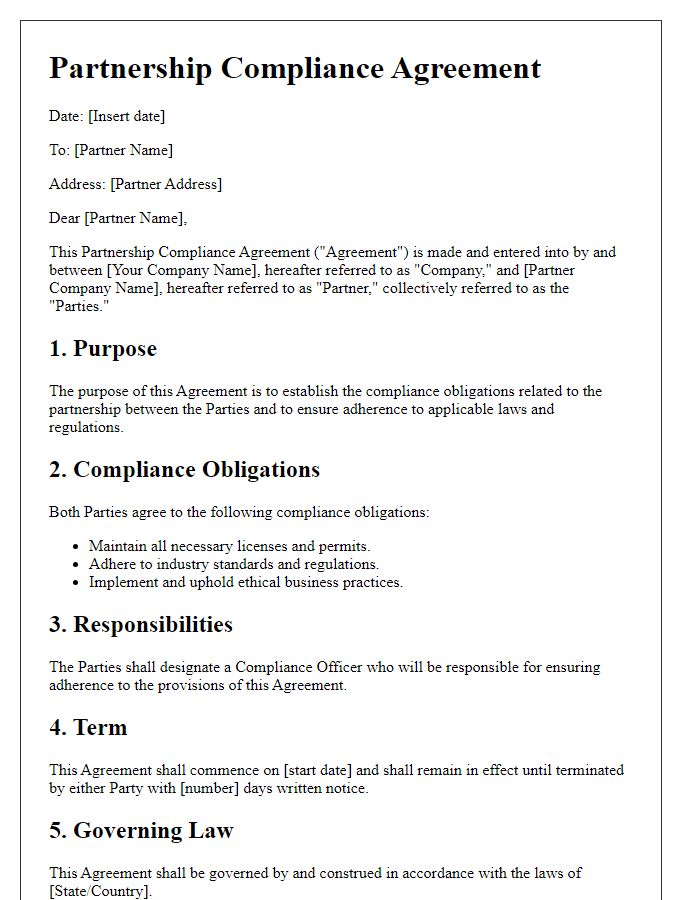
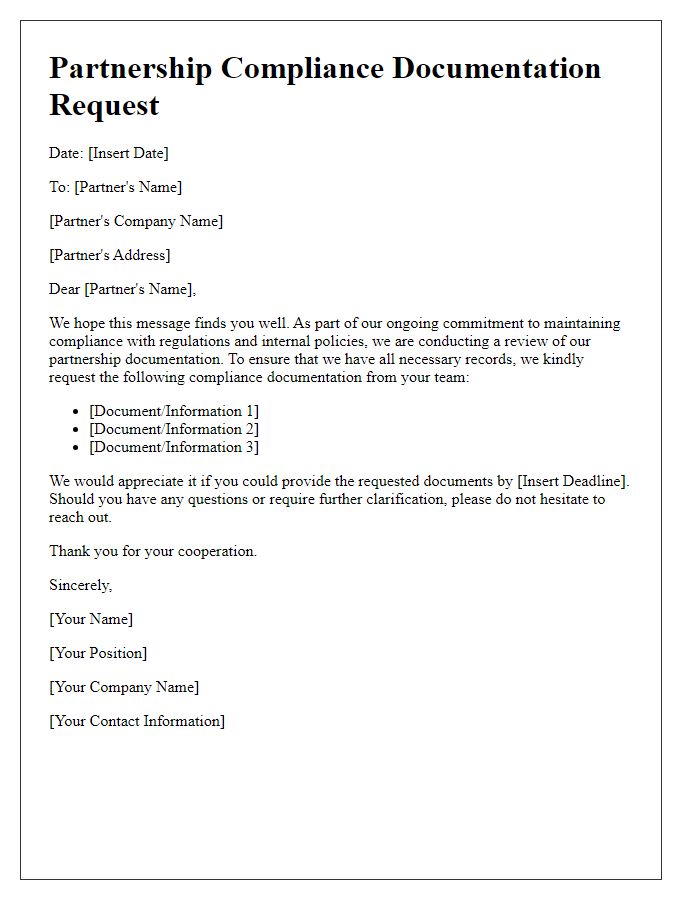
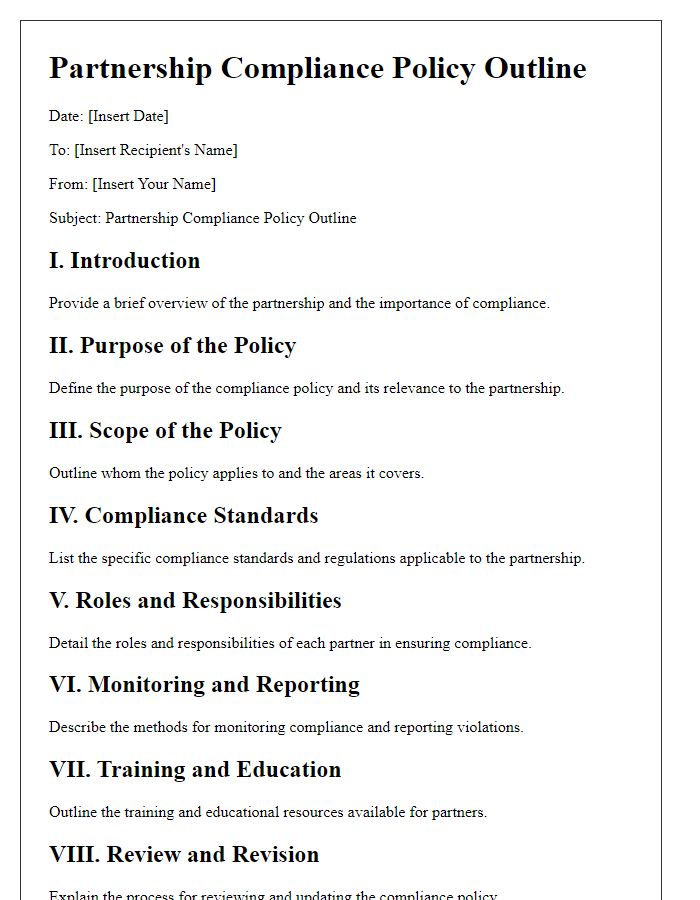
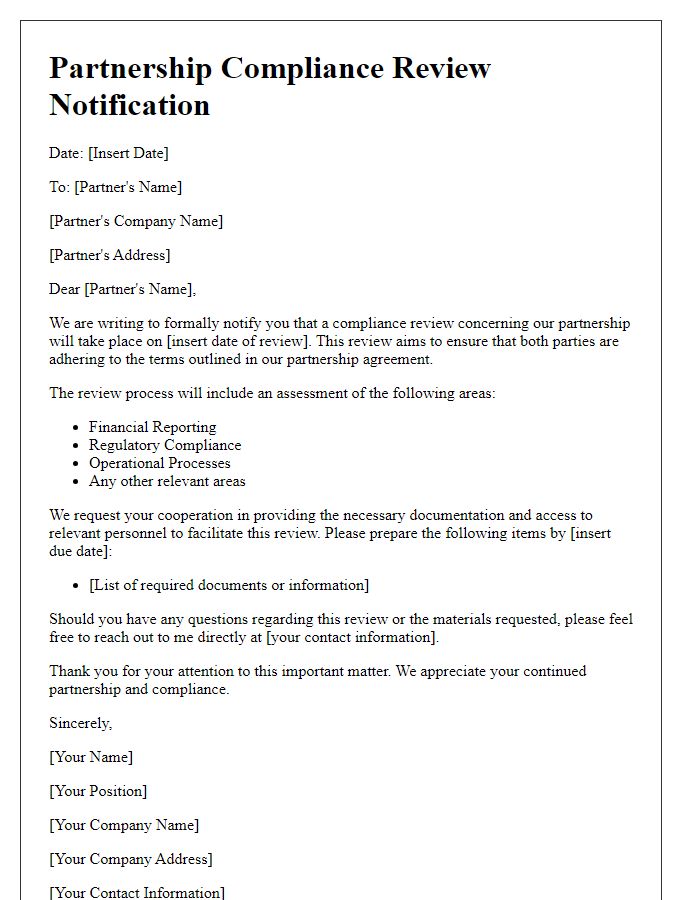
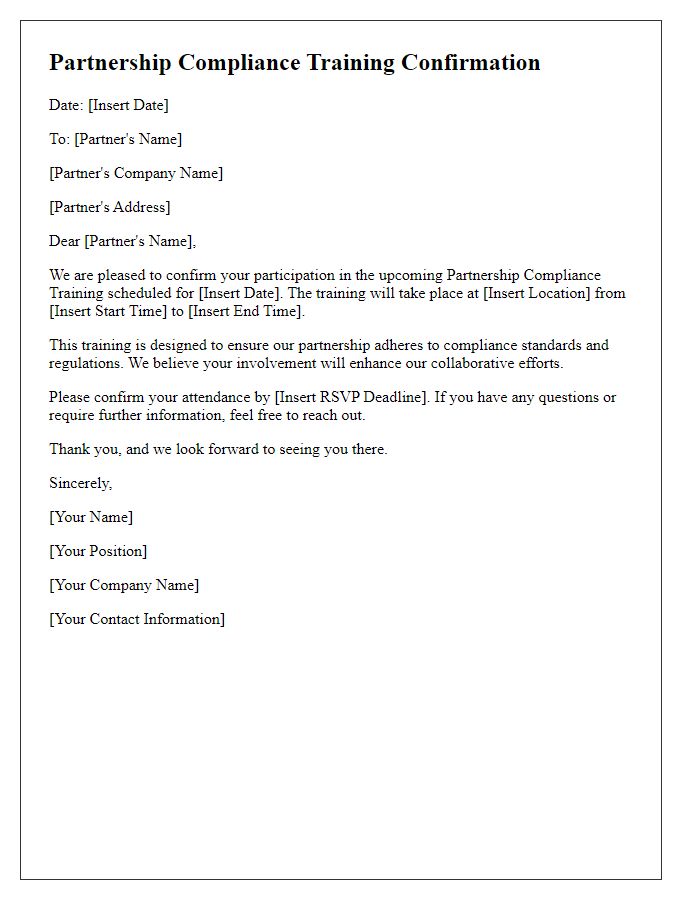
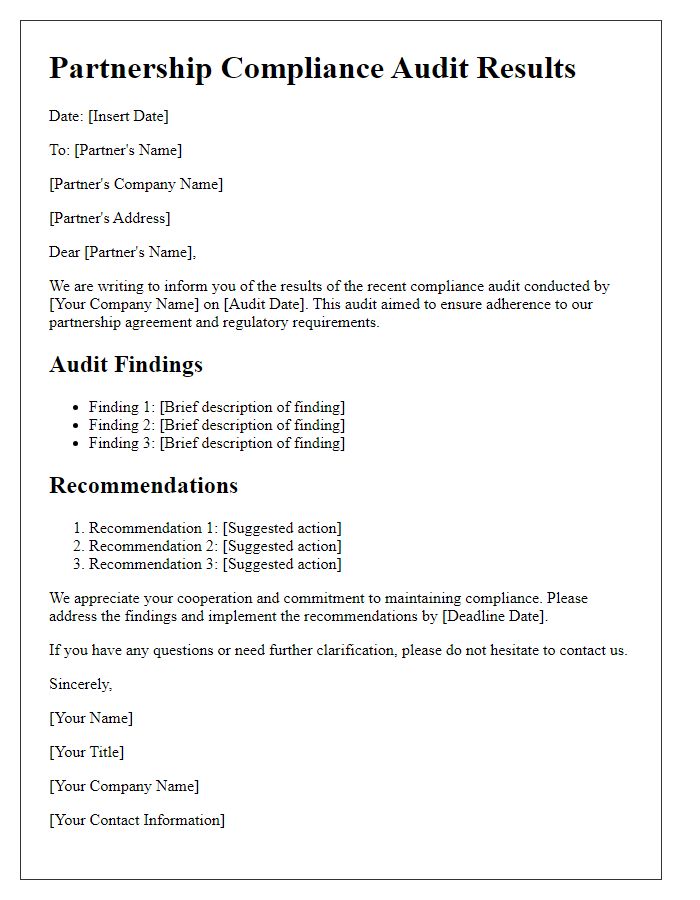
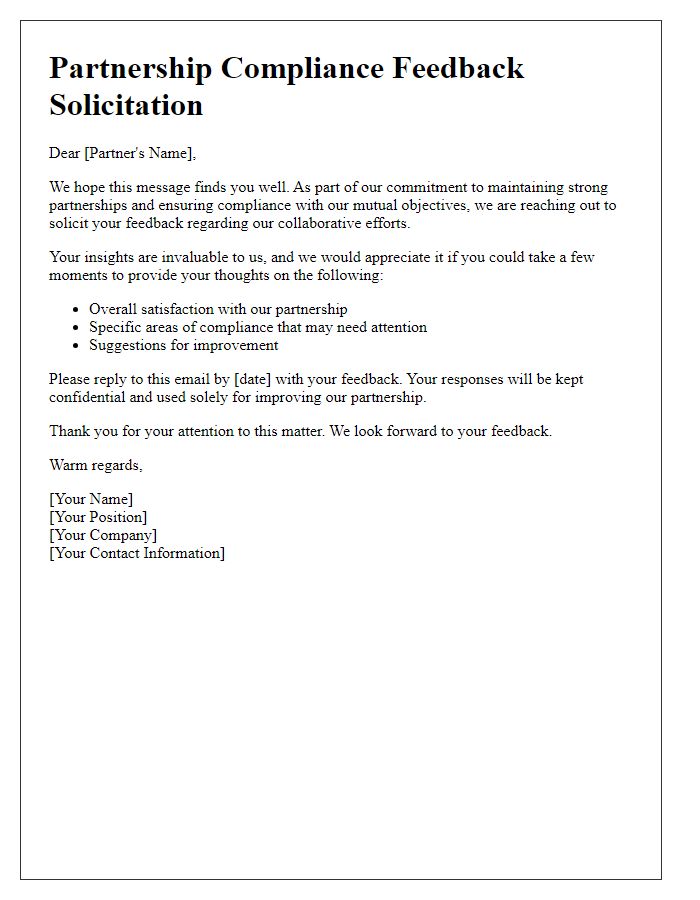


Comments